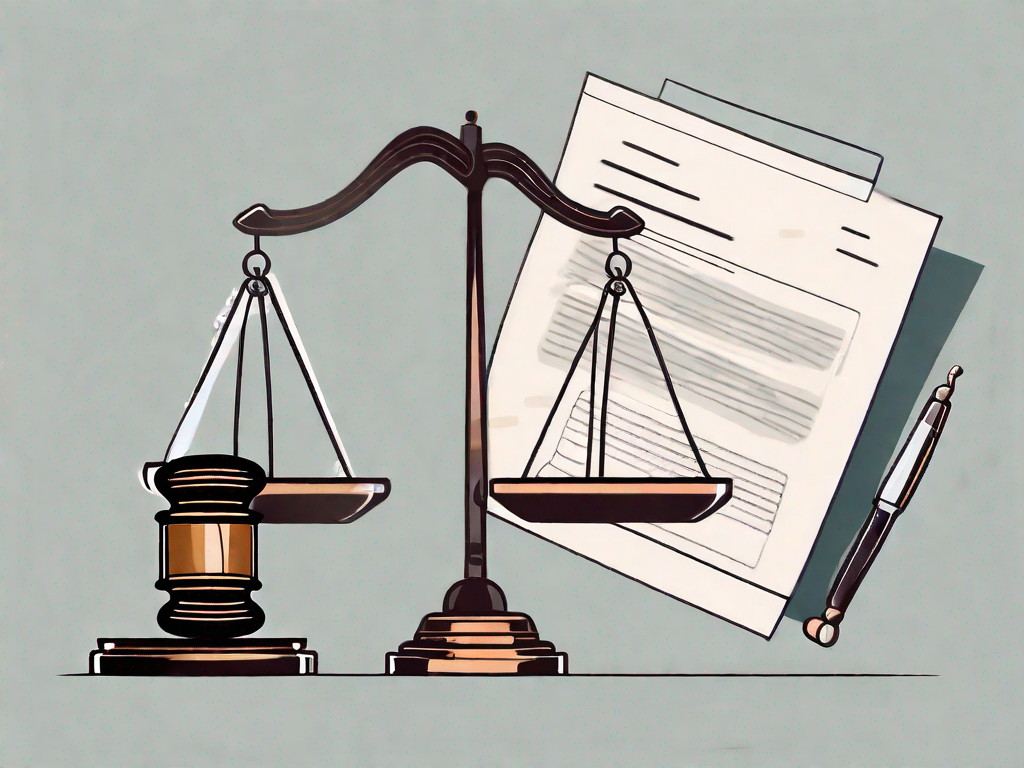Precise amount is not necessary, Need not be unconditional, No requirement to address creditor
SC clarifies “acknowledgment of debt” under Sec 12 of Prescription Ordinance

The Supreme Court has recently clarified the interpretation of prescription ordinance in the context of legal disputes, particularly focusing on the applicability of prescription periods for initiating legal actions.
In this case, Triad Advertising (Pvt) Ltd. filed a lawsuit against the Attorney General, representing the Ministry of Education, on March 18, 2008. The claim was based on seven causes of action for the compilation and printing of educational books.
The Commercial High Court ruled in favor of the plaintiff, awarding the claimed amount with legal interest on June 21, 2013. The Attorney General appealed this decision to the Supreme Court on August 19, 2013.
The Attorney General (the Appellant) argued that the claims by Triad Advertising were prescribed under the Prescription Ordinance.
Appellant’s Arguments
- Prescription Ordinance: The Defendant-Appellant argued that the Plaintiff-Company’s action is prescribed under Section 8 of the Prescription Ordinance, as it was not filed within one year from the date the debt became due.
- Acknowledgment of Debt: The Defendant-Appellant argued that the letter marked ‘P20’ does not constitute a written acknowledgment of debt as required by Section 12 of the Prescription Ordinance because:
- It does not reference or infer the exact amount to be paid.
- It contains a condition requiring prior approval from the Department of Public Finance.
- It was addressed to the Director General of Public Finance, not to the Plaintiff.
The court rejected the argument that the acknowledgment was invalid due to its conditional nature or because it was addressed to a different party.
Admission of any precise amount is not necessary
“…In terms of Section 12 of the Prescription Ordinance, there is no statutory requirement for an acknowledgement to contain the exact value of the debt or the value of the debt to be specified. The statutory requirement is simply that the acknowledgment must be in writing and signed by the party chargeable or by an agent duly authorized. Accordingly, P20, is a clear and sufficient acknowledgement of the debt, which comes within the purview of Section 12 of the Prescription Ordinance.”
“As held in the case of State of Jammu and Kashmir vs. Shital Singh Sharan Singh [AIR 1956 J&K 51] Admission of any precise amount is not necessary for bringing it within the meaning of an acknowledgement under the act. It is sufficient of the debtor admits that something is due or maybe due. Once an admission is made of subsisting amounts, there is a clear acknowledgement of liability to render accounts and to pay whatever is due”
“As observed earlier, Professor C.G. Weeramantry favoured a contemporary approach where, statutes should be interpreted according to plain meaning of their language. Therefore, in accordance with the intention of the legislature, an equitable construction of P20 would certainly mean that there is a valid acknowledgement of debt existing in favour of the Plaintiff-Company.”
Need not be unconditional
“In Sampath Bank PLC vs. Kaluarachchi Sasitha Palitha [SC Appeal No 21/2017], Justice Murdu Fernando P.C, J. considered whether a conditional acknowledgment of debt falls within the purview of Section 12 of the Prescription Ordinance therein, also looked into the facts which led to the decision in Hoare and Co. vs. Rajaratnam. In Sampath Bank PLC vs. Kaluarachchi Sasitha Palitha, in answer to a question of law; “Does a conditional acknowledgment of the debt come within the purview of Section 12 of the Prescription Ordinance?” the Court held that; “Section 12 of the Prescription Ordinance very clearly indicates that acknowledgment should not be by words but be in writing. It does not state that the acknowledgment should be unqualified or unconditional. It only speaks of acknowledgment of a debt.”
The Court cited with approval the Court of Appeal Judgment in Rampala and others vs. Moosajees Ltd and another (1983) 2 SLR 441. Where, a letter from the Managing Agents on behalf of the estate owner, stated; “immediately we hear from them, we will let you know what arrangements have been made with regard to the repayment of the outstanding account,” which was considered to be an acknowledgment of debt. The Court also cited with approval the case of Perera vs. Wickremaratne (1942) 43 NLR 141, where Soertsz J. in answering this precise question, ‘by an acknowledgement of debt, has the plaintiff a right to recover the debt by virtue of Section 12 of the Prescription Ordinance’, held,
“I wish to settle is not merely an acknowledgment of the debt from which a promise to pay can be inferred but it is an acknowledgment with an express declaration of a desire to pay. It has frequently been laid down that when there is an acknowledgment of a debt, without any words to prevent the possibility of an implication of a promise to pay it, a promise to pay is inferred. Much more, then, must, such a promise be inferred when the acknowledgment is coupled with an expression of desire to pay.”
The Indian case Shapoor Freedom Mazda vs. Durga Prasad Chamaria, has favored the ‘liberal approach’ as referred to earlier in this Judgment, in interpreting the documents to ensure that legitimate claims are not rejected due to technicalities, it observed that; “It is often said that in deciding the question as to whether any particular writing amounts to an acknowledgement, is not very useful to refer to judicial decisions on the point. The effect of the words used in a particular document must inevitably depend upon the context in which the words are used and would always be conditioned by the tenor of the said document, and so unless words used in a given document are identical with words used in a document judicially considered, it would not serve any useful purpose to refer to judicial precedents in the matter”.
It was the view of the Court that; “If the statement is fairly clear then the intention to admit the jural relationship may be implied from it. The admission need not be express but must be made in circumstances and in words which the court can reasonably infer that the person making the admission intended to refer to a subsisting liability as at the date of the statement”.
Addressed to whom?
“In Maniram Seth vs. Seth Rup Chand (1905) 33 IA 165 (PC) 1058 the Court stated that, an acknowledgment of debt under the Limitation Act need not be specifically addressed to the creditor. The key requirement is that the acknowledgment is documented, signed, and indicates a subsisting liability. In the case of Bengal Silk Mills vs. Ismail G Hossain AIR 1962 Cal , the court addressed the issue of whether entries in a balance sheet can serve as an acknowledgment of debt under Section 18 of the Limitation Act, 1963. The court ruled that an acknowledgment of liability does not need to be specifically addressed to the creditor to be valid.” – Justice Shiran Gunaratne
Case No: SC Appeal No: 48/2013 HC/CIVIL/90/2008/MR
Before: Justice Murdu N.B. Fernando PC, Justice A.H.M.D. Nawaz, Justice A.L. Shiran Gooneratne







